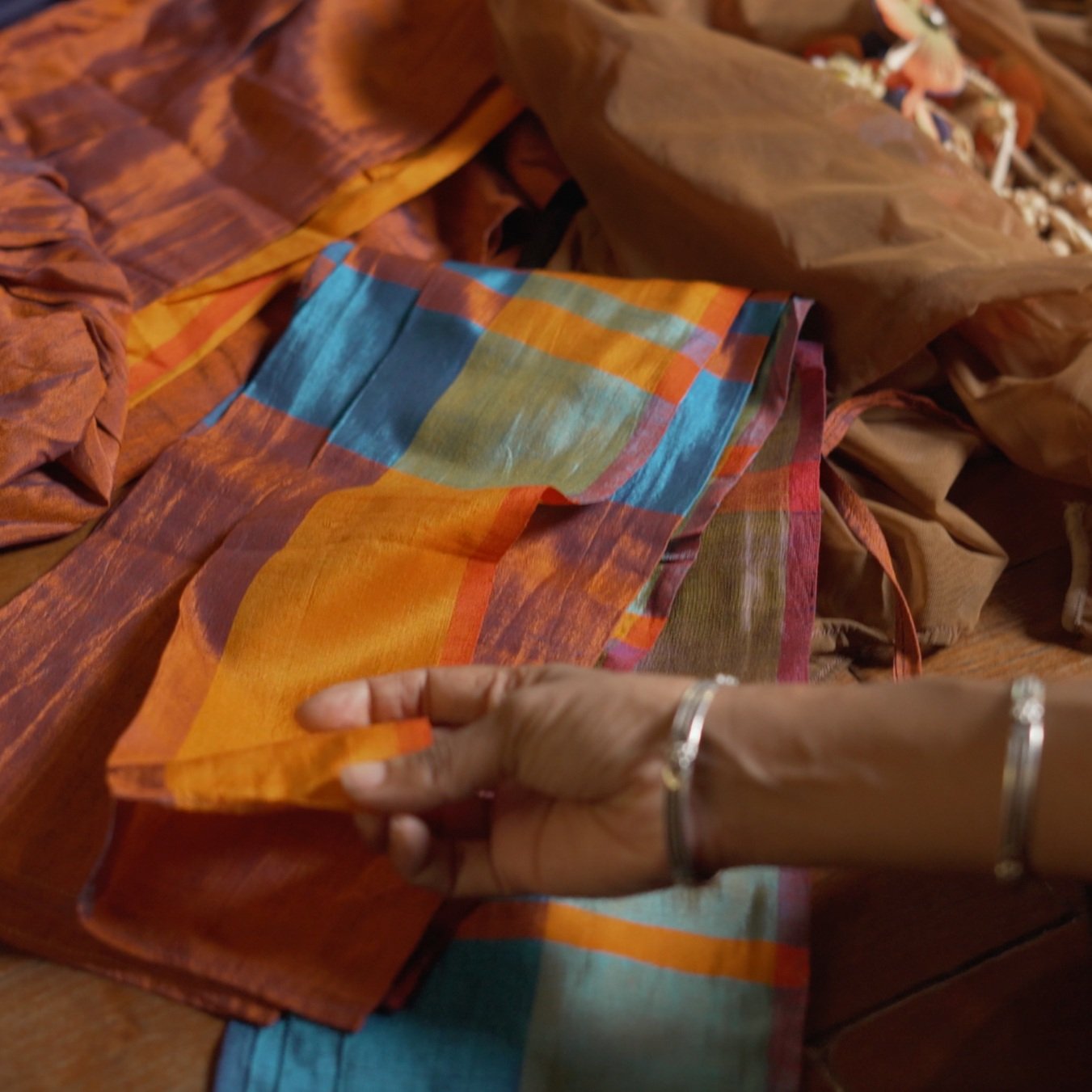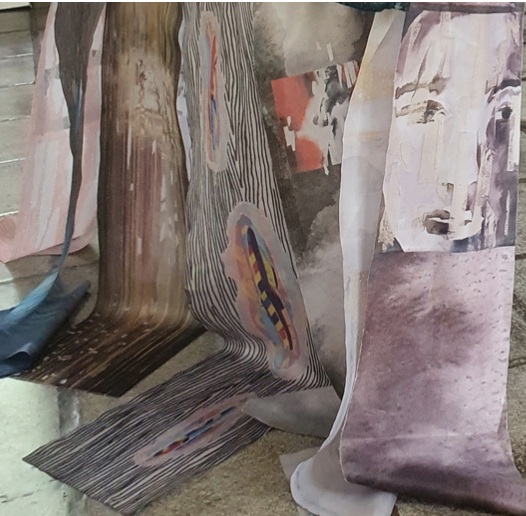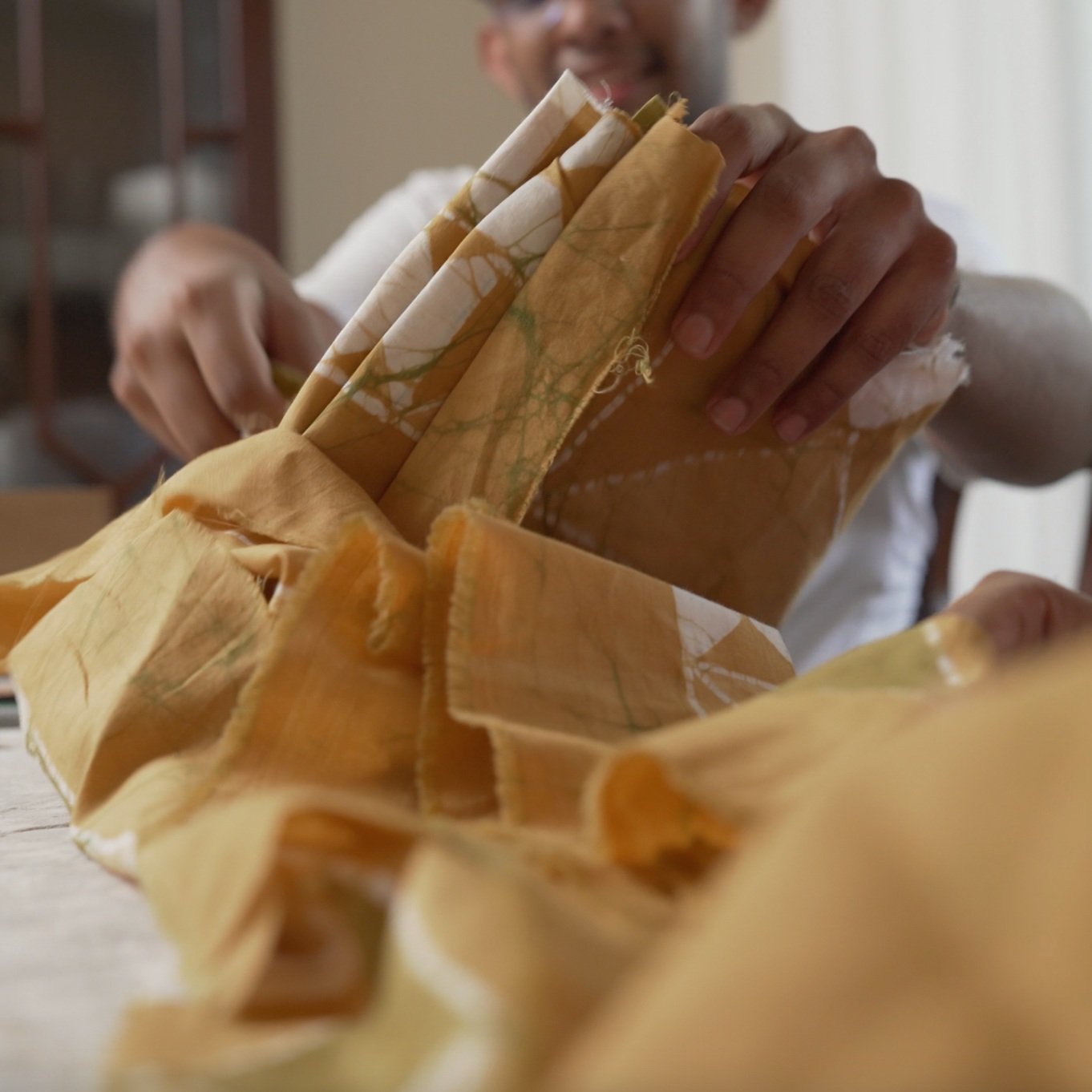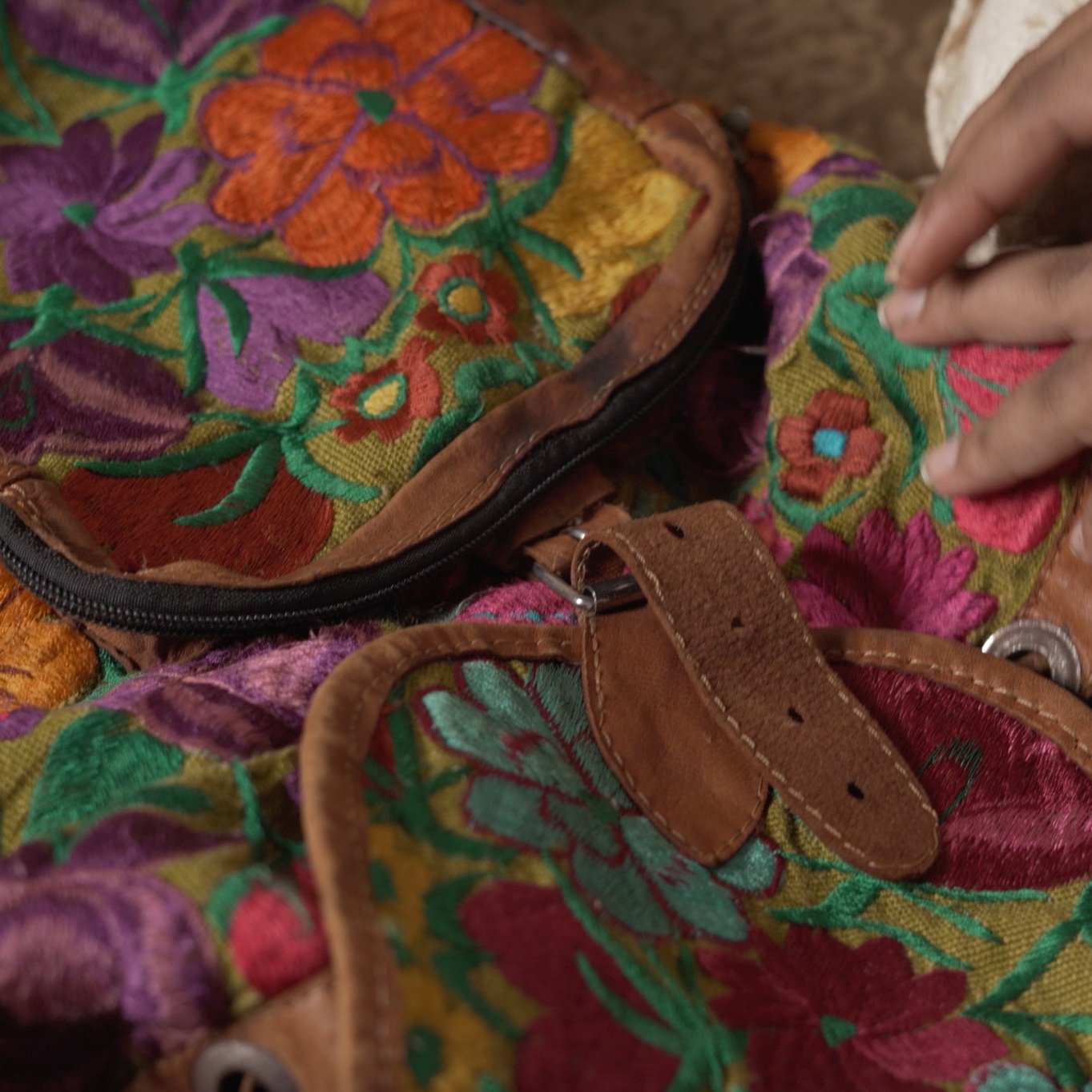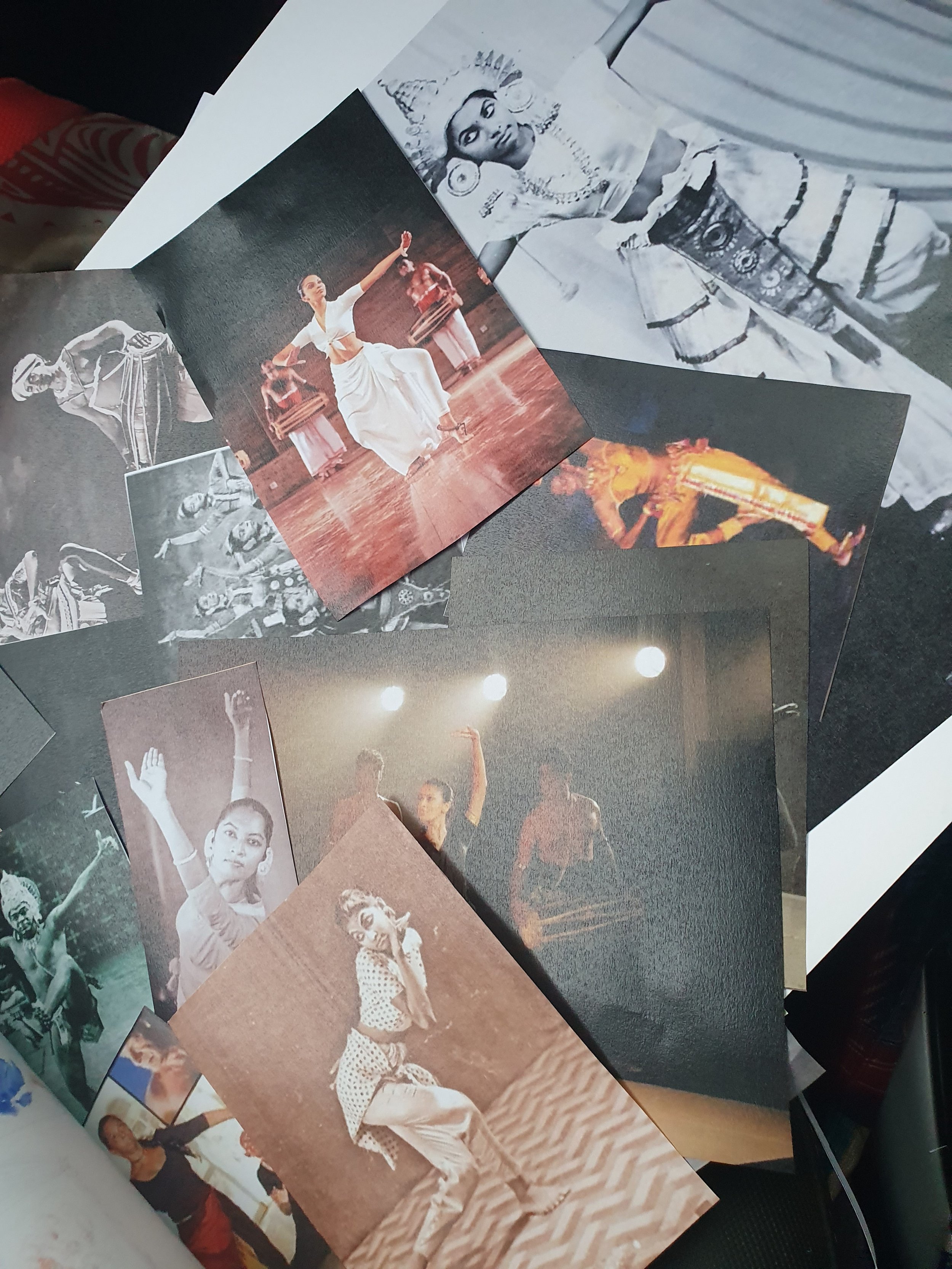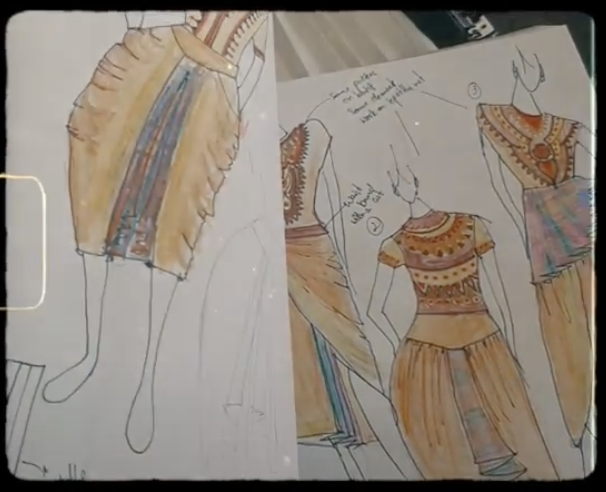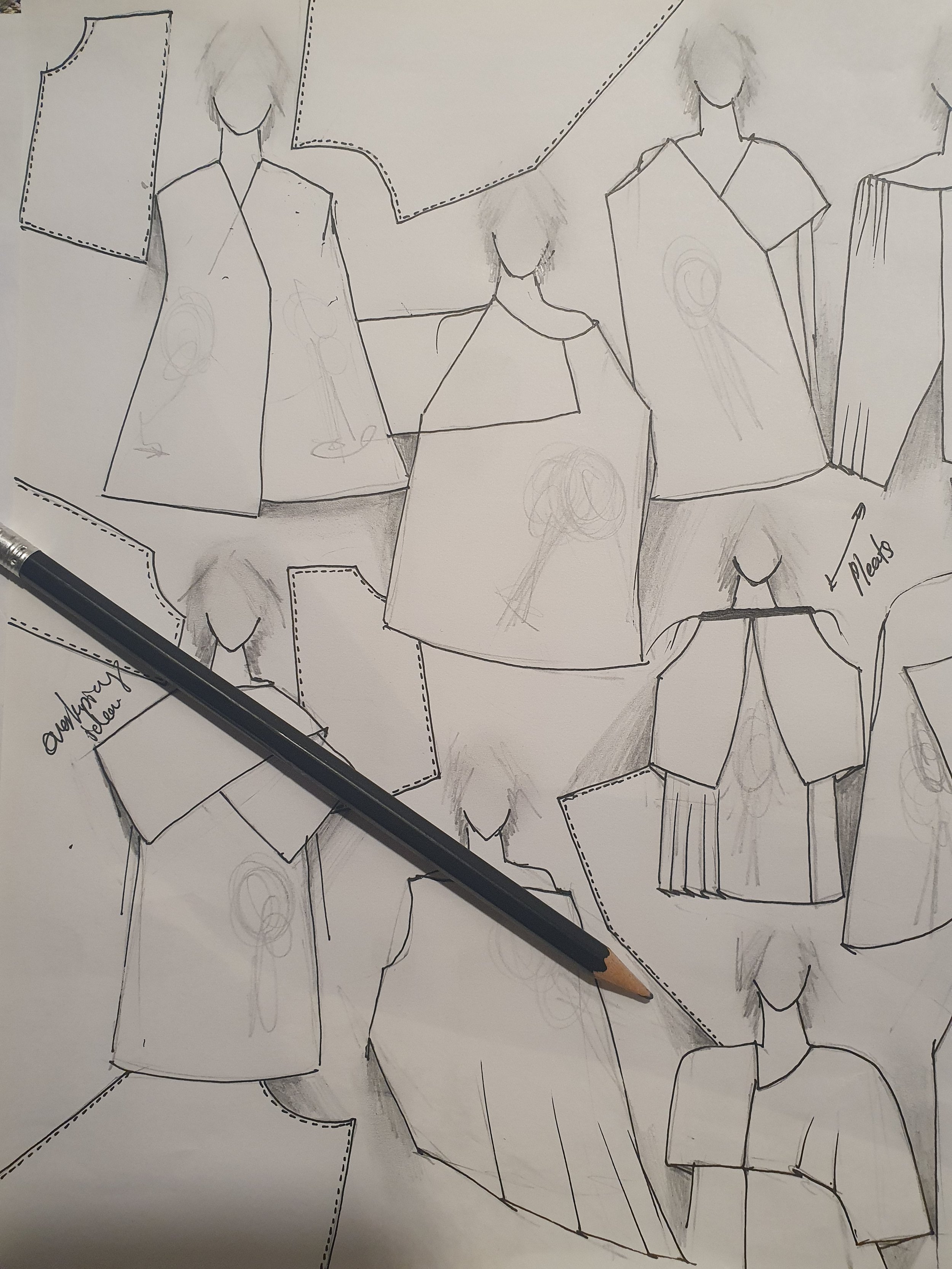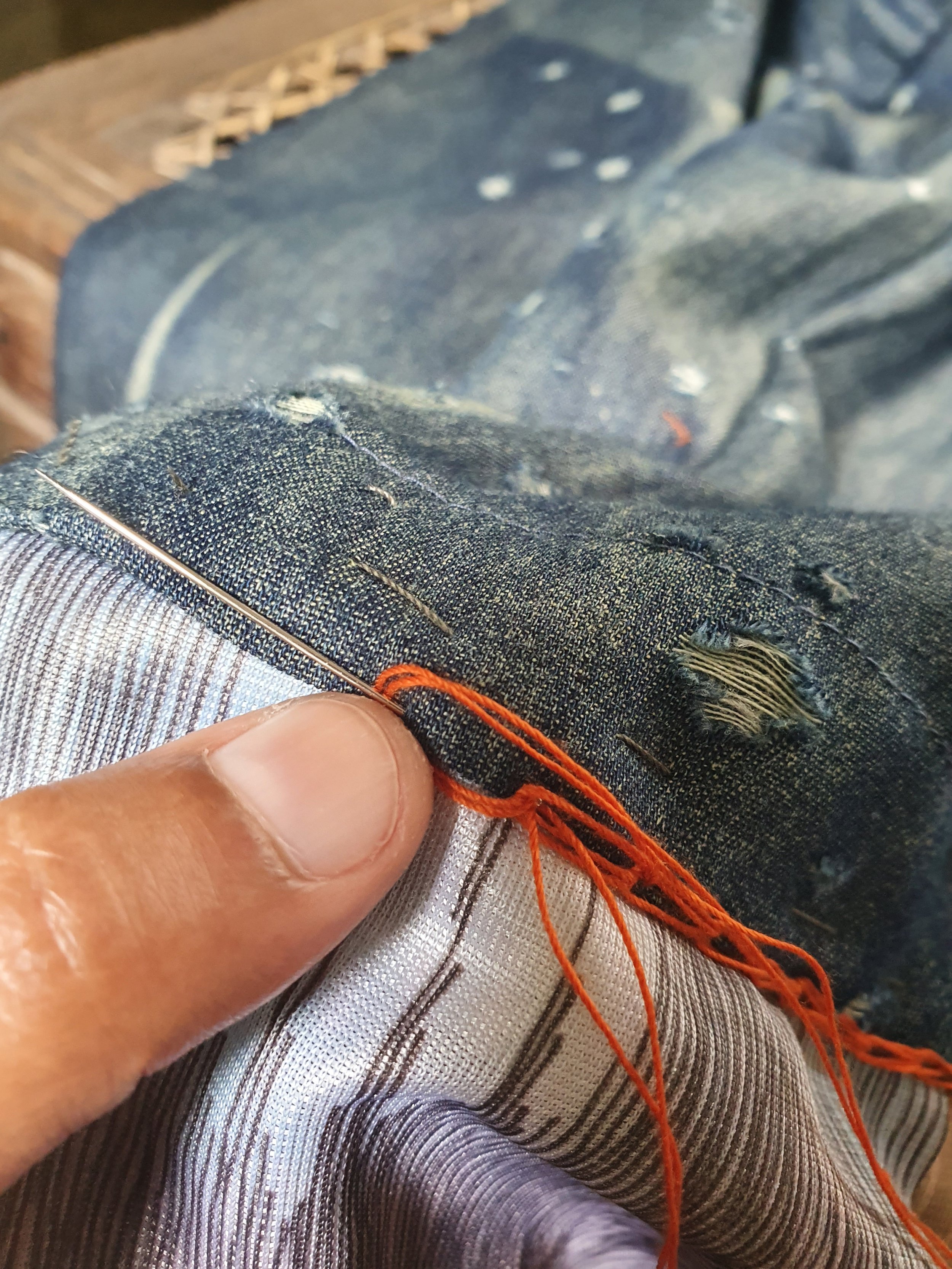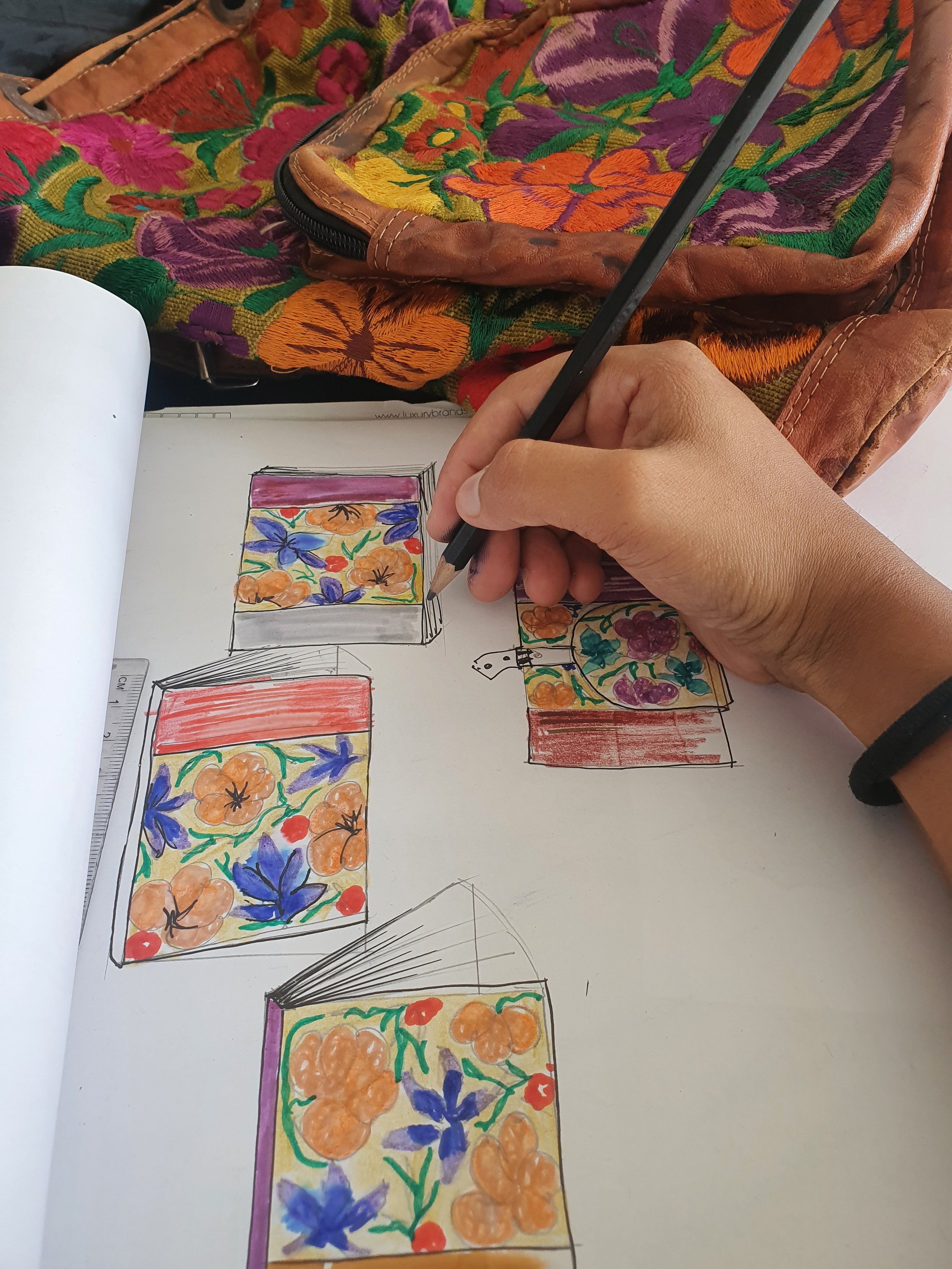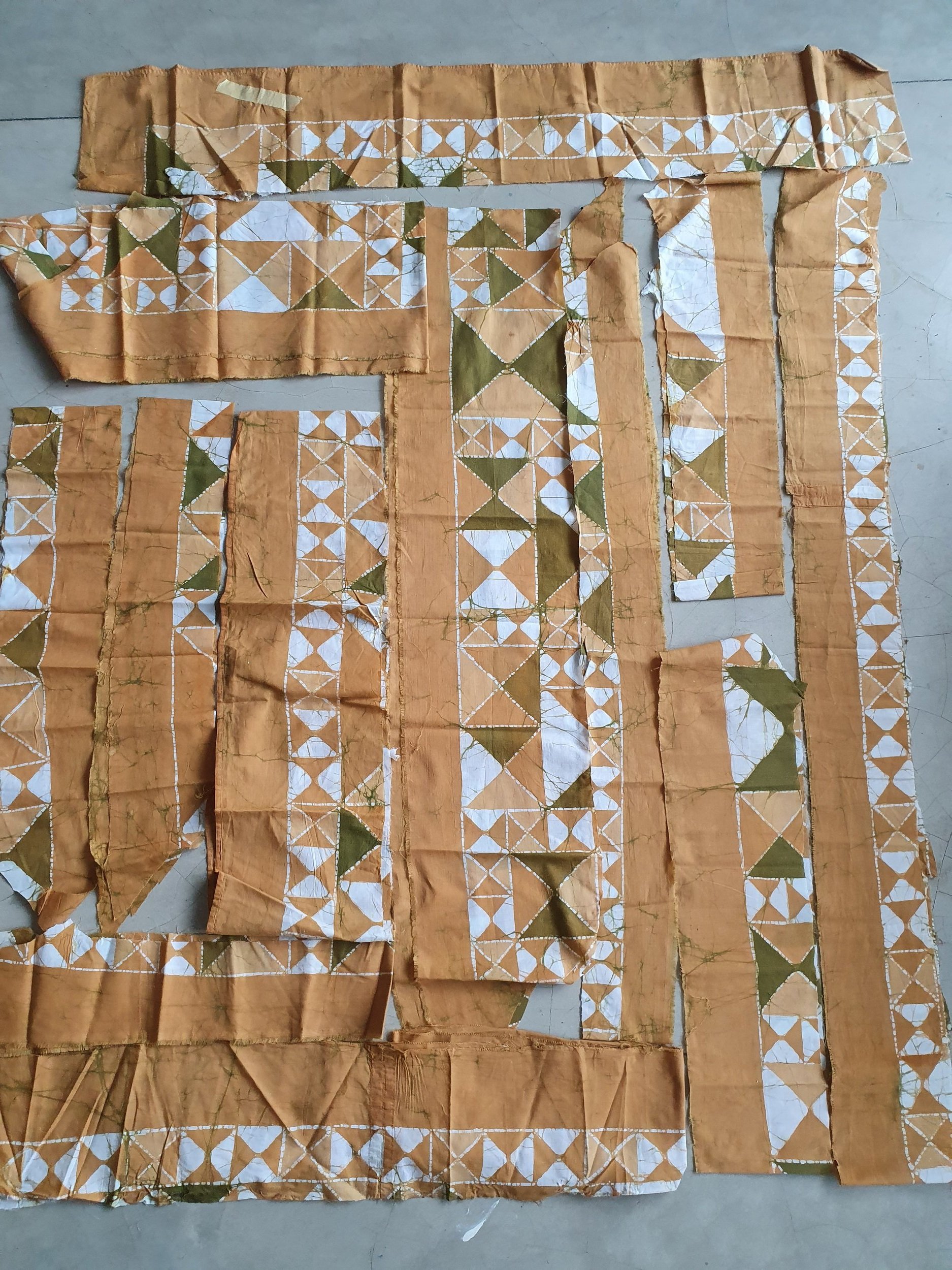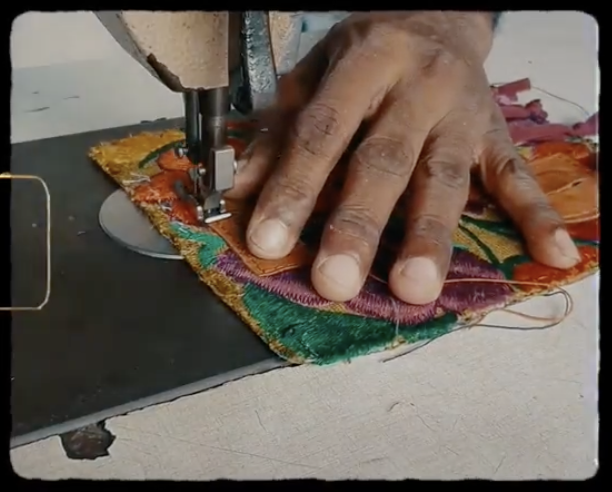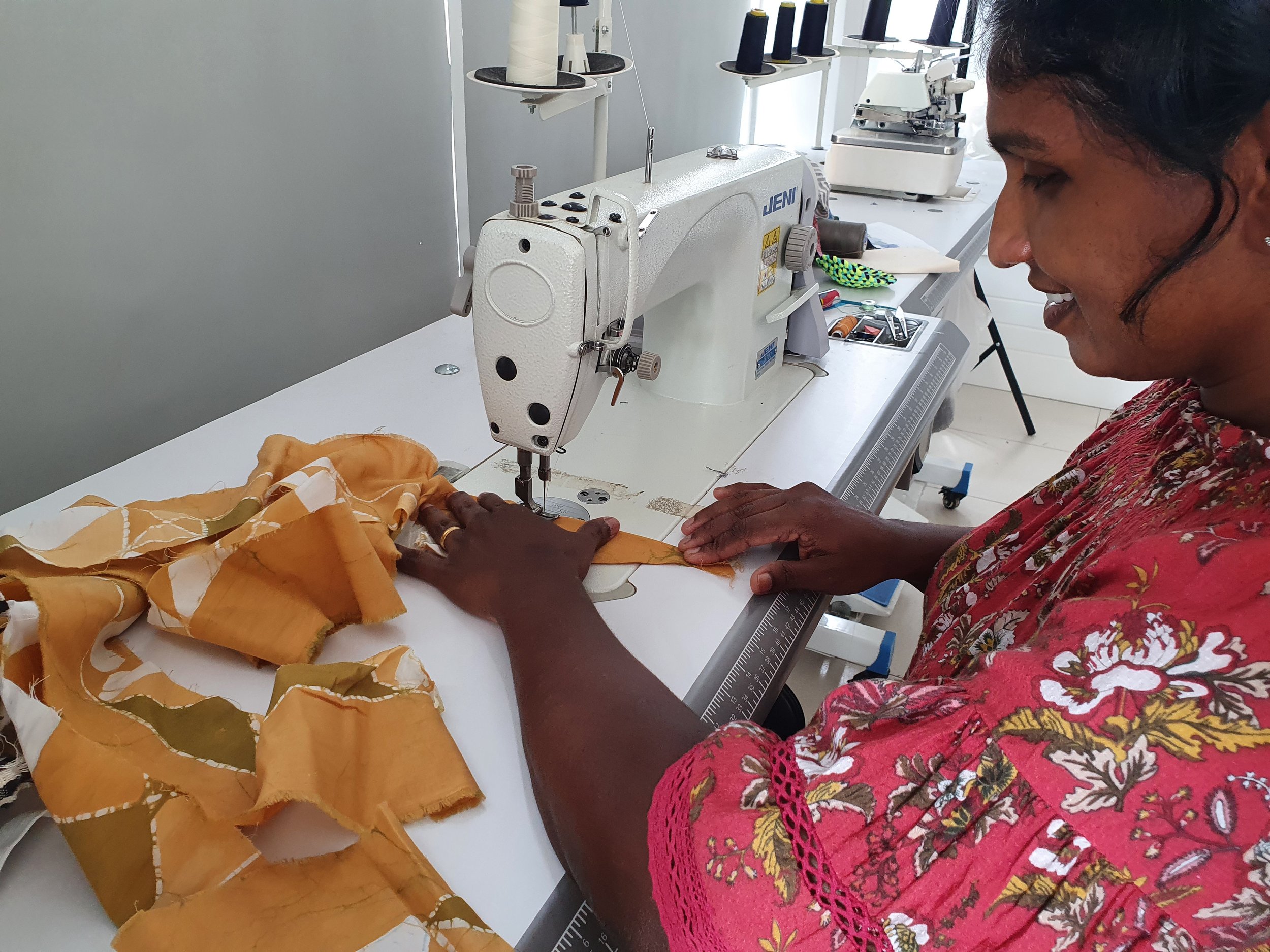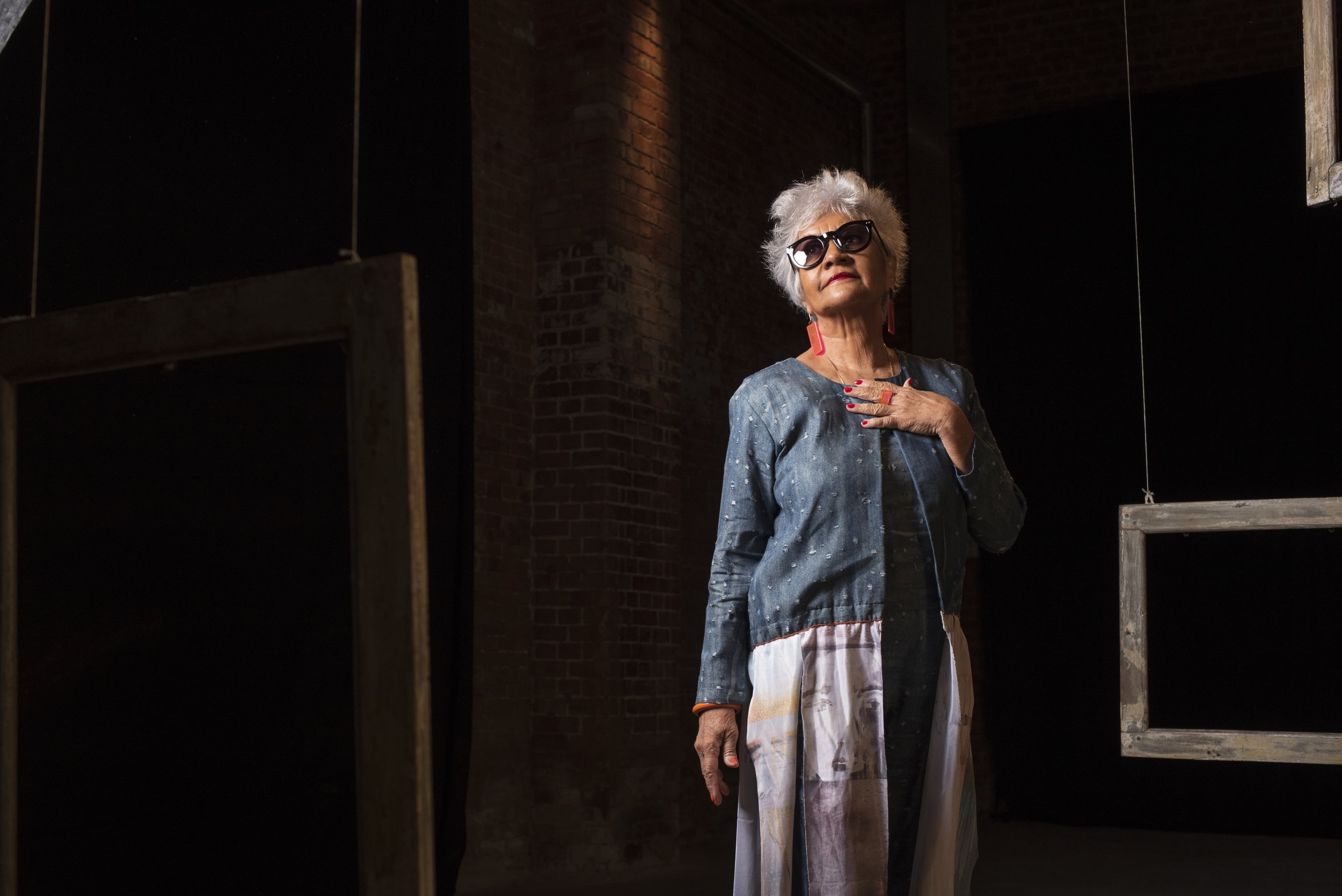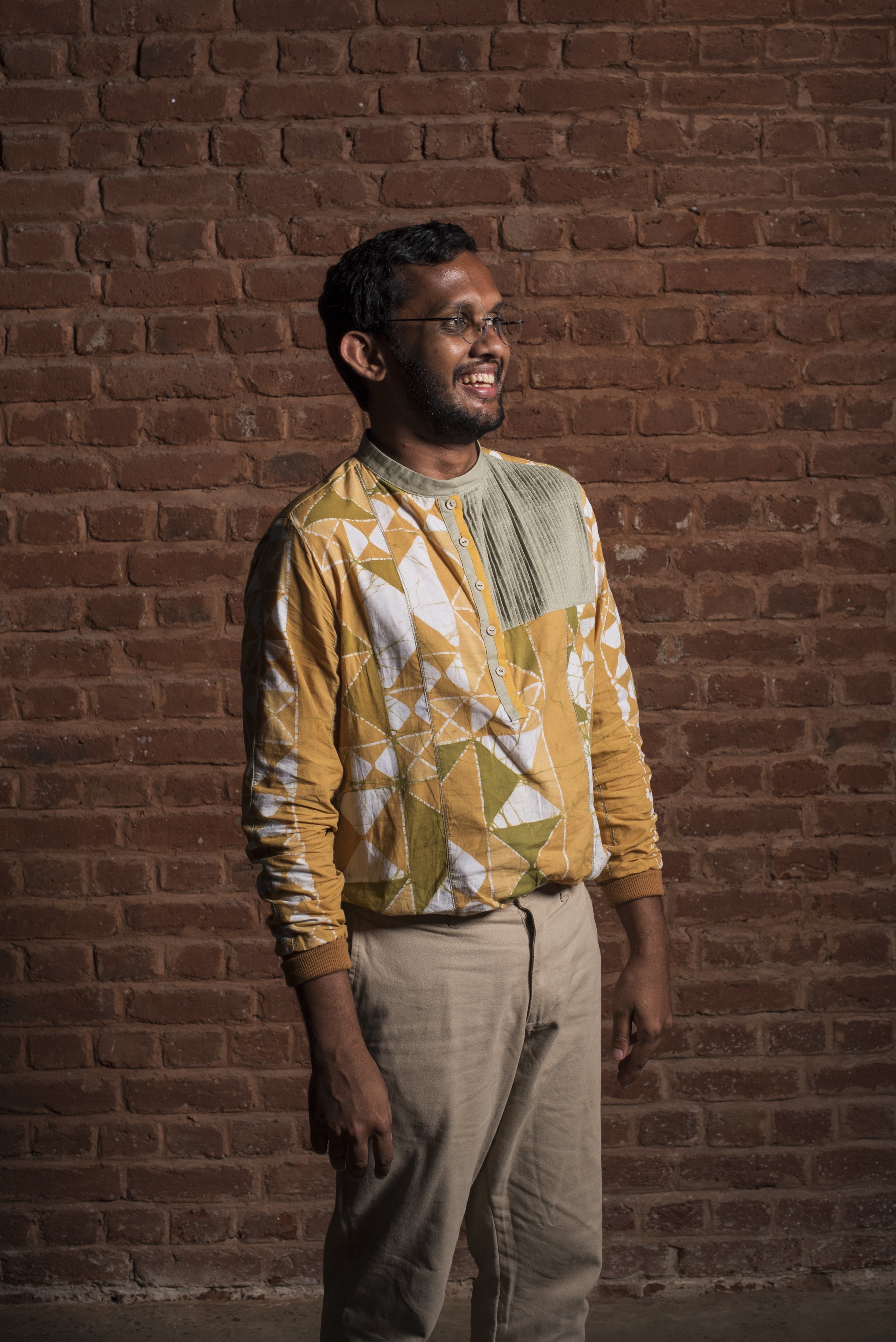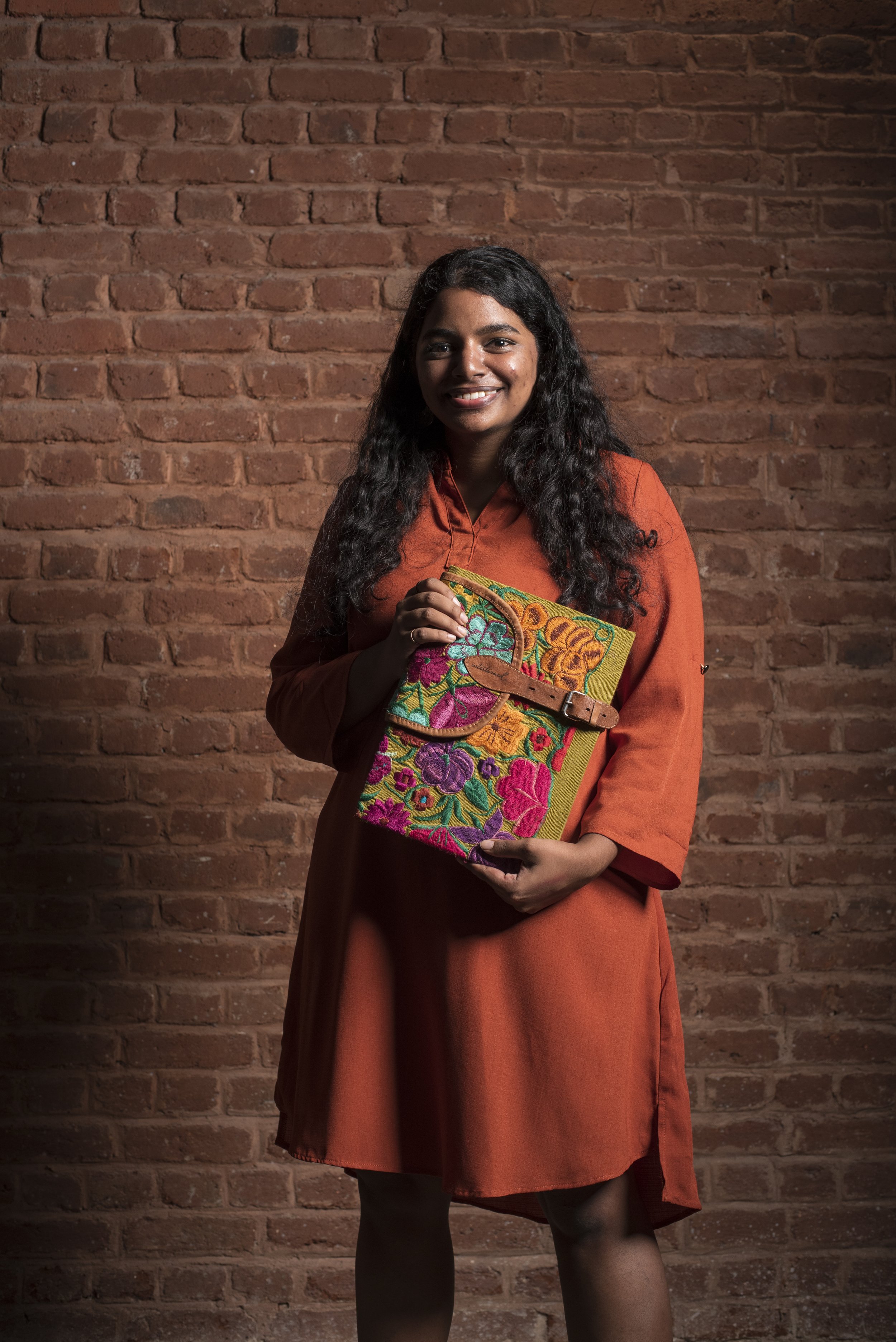
Making Matters
As a conscious Sri Lankan designer, it was very important to me to give attention to certain sustainable values deeply rooted in our history and culture. Practices that we seem to have forgotten over time, but are still relevant and effective in modern day living - especially in a time our country is going through its worst economic crisis to date. For Making Matters 2022, I will be collaborating with four creatives; a dancer, an artist, an architect and a poet to bring their sustainable learnings and practices to light, through up-cycling their own textile waste into several statement pieces.
This has been a journey of precious learnings and stories, taking us back to our own cultural and historical practices in sustainability. We at House of Lonali want to share these learnings with more people - to inspire them, to embrace these circular values to lead a more conscious life.
Thaji
Thaji is a third generation traditional dancer who recalls sustainable practices of her grandmother and veteran dancer Vajira Chitrasena. She talks to us about 'preserving' both the traditional art form practised by her grandparents since the 1940’s, as well as their sustainable practices. We up-cycled an old training costume back to life, highlighting the importance of looking after your clothes well and reusing them.
Anoma
Anoma is a renowned artist who speaks of sustainability as something that comes naturally to her, as her father was heavily involved in alternative energy and farming projects, since she was child. Her art communicates current impacts on ecology, and climate change. She gave us panels of some of her old, worn out paintings, which we up-cycled into an outfit adding some matching pre-consumer waste.
Jonathan
Jonathan is a young architect who sees trash as treasure. Sustainable values instilled in him by his family helped him explore his architect career, valuing craftsmanship. He picks up all kinds of unwanted, interesting things as he sees something special in them. He picked up excess pieces of a tapestry done by the artisans at the Aluwihare Heritage Centre, founded by veteran Batik artisan Ena de Silva. He talks to us about the artisanal community and how they practise zero waste with their craft, as he collaborates with us to turn the textile excess into a whole new statement piece
Tashyana
Tashyana is a young writer and poet who challenges herself to be more sustainable. As she learns and unravels her circular journey, she reflects on how her grandmother used to stitch pieces of fabric together, without wasting even a single piece. As a child she was very close to nature and she reminds us that it is important to hold on to things that are powerful with memories and attachments. She gave us a worn out backpack that carries a lot of memory and significance to her, to be up-cycled into something iconic.
Waste Pieces
Each of these waste panels/products were given to us as they were not in a condition to be used again due to wear and tear or simply being unwanted excess. But each of them had great memories, attachments, stories and originality to them, which is why the creative collaboration with House of Lonali was important to them, to bring them back to life.
Process
We started our up-cycling process by putting ideas down on a sketch book. Some we unpicked, some we patched together, some repositioned and explored different forms. Then, we sat with each collaborator and got their feedback and ideas to make the design or the product more close and relevant to their lifestyle. Finally, we worked with our artisans to make several treasurable pieces.
This is a result of ‘A GLOCAL Perspective - Making Matters 2022’ project co-designed and funded by the British Council and in collaboration with Coventry University and Adapt Projects, and includes six amazing designers from a range of disciplines who were selected from South Asia, South East Asia and Sub-Saharan Africa by an international committee of expert practitioners to develop projects based on the theme of circular practice and considering local, traditional ways of working in their very different and contemporary approaches to design.
House of Lonali collaborated with four individuals to up-cycle some used items into several statement pieces, without letting them go to waste.
The work and story of each designer and their practice will be shown through an online showcase platform: GlocalPerspective.world






